Inequality
Inequality
Extreme Inequality Rising
During the Covid pandemic the wealth of the world’s billionaires topped $10 Trillion for the first time, while 150 million people globally slipped back into extreme poverty. How do we fix it? Listen or scroll for more on:
- Inequality is the worst it has ever been.
- 10,000 people die unnecessarily every day
- Inequality is a political choice
- The Pandemic Made Things Worse
- The Economic Effects of CoVID are unevenly distributed
- History teaches us this inequality is unsustainable
Inequality is the worst it has ever been
During the pandemic economic inequality has worsened significantly. In 2020 the world’s richest 1% saw their wealth climb to $10 Trillion eclipsing the wealth of the next 6.9b people combined, that’s an increase of almost 30% in just 1 year (up from 4.6b in 2019). This means that inequality today is the worst it has ever been at any time in history, especially in rich countries like the United St
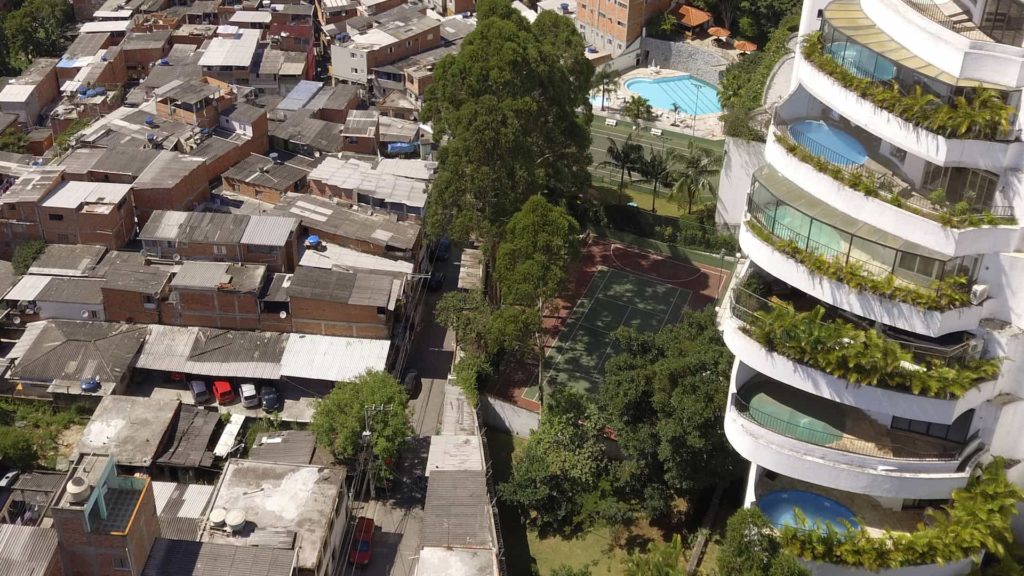

Inequality is the worst it has ever been
During the pandemic economic inequality has worsened significantly. In 2020 the world’s richest 1% saw their wealth climb to $10 Trillion eclipsing the wealth of the next 6.9b people combined, that’s an increase of almost 30% in just 1 year (up from 4.6b in 2019). This means that inequality today is the worst it has ever been at any time in history, especially in rich countries like the United St
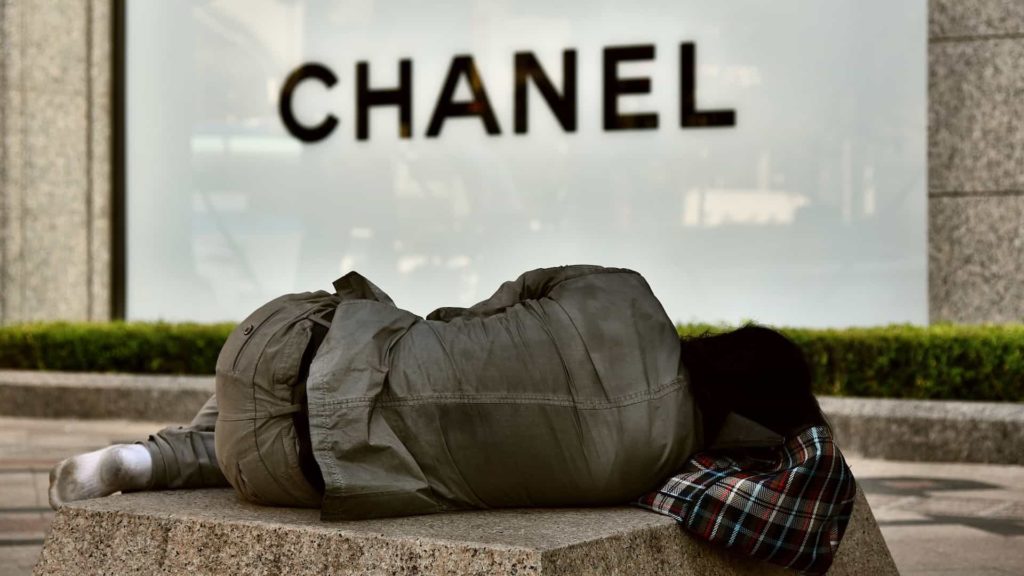
10,000 people die unnecessarily every day
Every single day 10,000 people die of curable diseases and conditions because they can’t afford access to basic healthcare, and each year 100 million people are pushed into extreme poverty because of the costs of healthcare. Two thirds of all bankruptcies in the United States are related in some way to healthcare costs
Inequality is a political choice
Globally, only 4 cents out of every dollar of tax revenue comes from taxes on the wealthy, despite them owning 40% of the assets attached to the economy. Why can’t we levy asset appropriate taxes on the wealthiest citizens? Largely because most political systems allow the richest individuals and corporations to “buy” lower tax rates from the politicians they support with donations.


Inequality is a political choice
Globally, only 4 cents out of every dollar of tax revenue comes from taxes on the wealthy, despite them owning 40% of the assets attached to the economy. Why can’t we levy asset appropriate taxes on the wealthiest citizens? Largely because most political systems allow the richest individuals and corporations to “buy” lower tax rates from the politicians they support with donations.
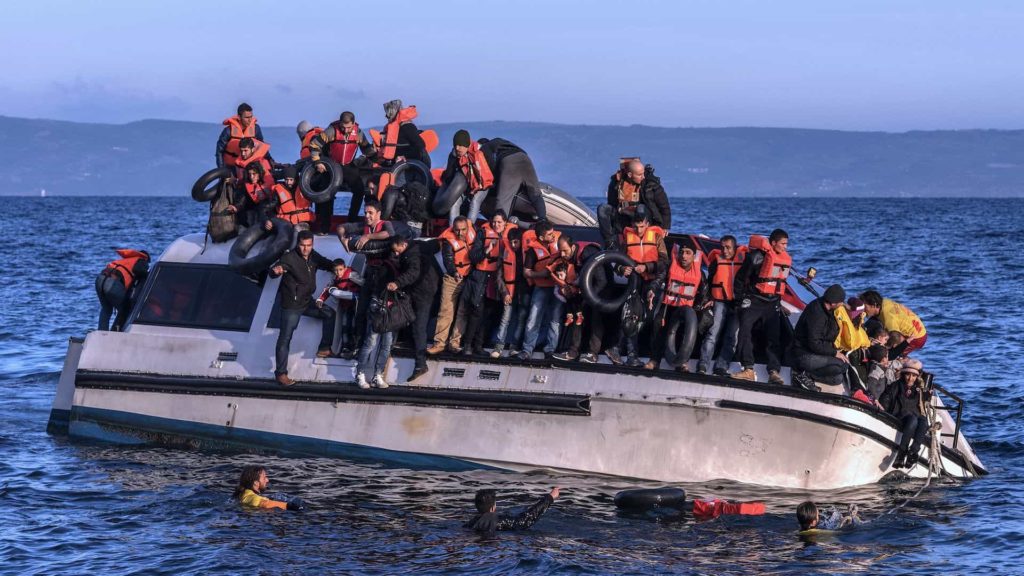
The Pandemic Made Things Worse
The wealth of the world’s billionaires exceeded $10 Trillion for the first time ever in 2020. Meanwhile 150 million people slipped back into extreme poverty globally, and for the first time in over 70 years the numbers of homeless people in Western nations like the United States grew by more than 100%. In fact, in the US it is estimated that 2.1m students alone faced homelessness in 2020 for the first time.
The Economic Effects of COVID-19 are unevenly distributed
The economic fallout from COVID-19 continues to hit some segments of the population harder than others. In the United States and the United Kingdom lower-income adults are among the most likely to say they or someone in their household has lost a job or taken a pay cut since the outbreak began.
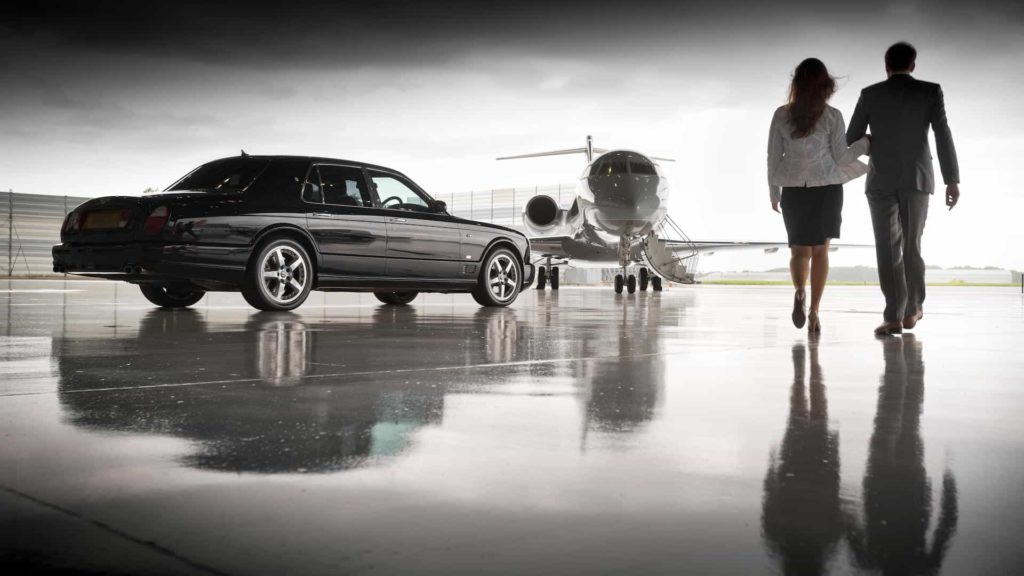

The Economic Effects of COVID-19 are unevenly distributed
The economic fallout from COVID-19 continues to hit some segments of the population harder than others. In the United States and the United Kingdom lower-income adults are among the most likely to say they or someone in their household has lost a job or taken a pay cut since the outbreak began.
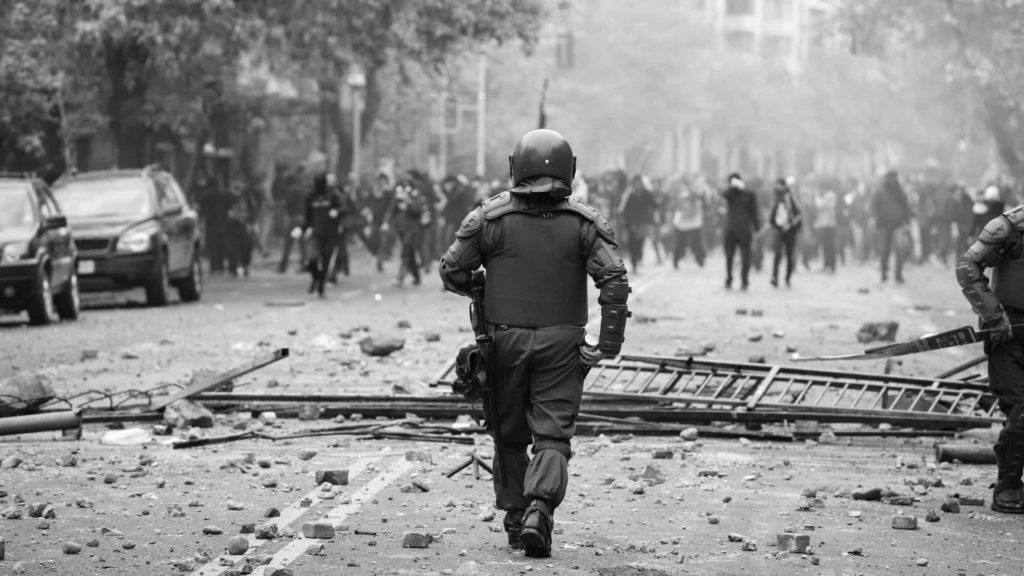
History teaches us this inequality is unsustainable
There are four potential futures that we explore in The Rise of Technosocialism. All but one of these possible futures result in us solving the problems of inequality, access to healthcare, education, and adequate food, clothing and shelter for all humanity. The others will likely result in much greater division, revolutions, armed uprising and much more autocratic rule. The current system is largely unsustainable. New thinking is required.